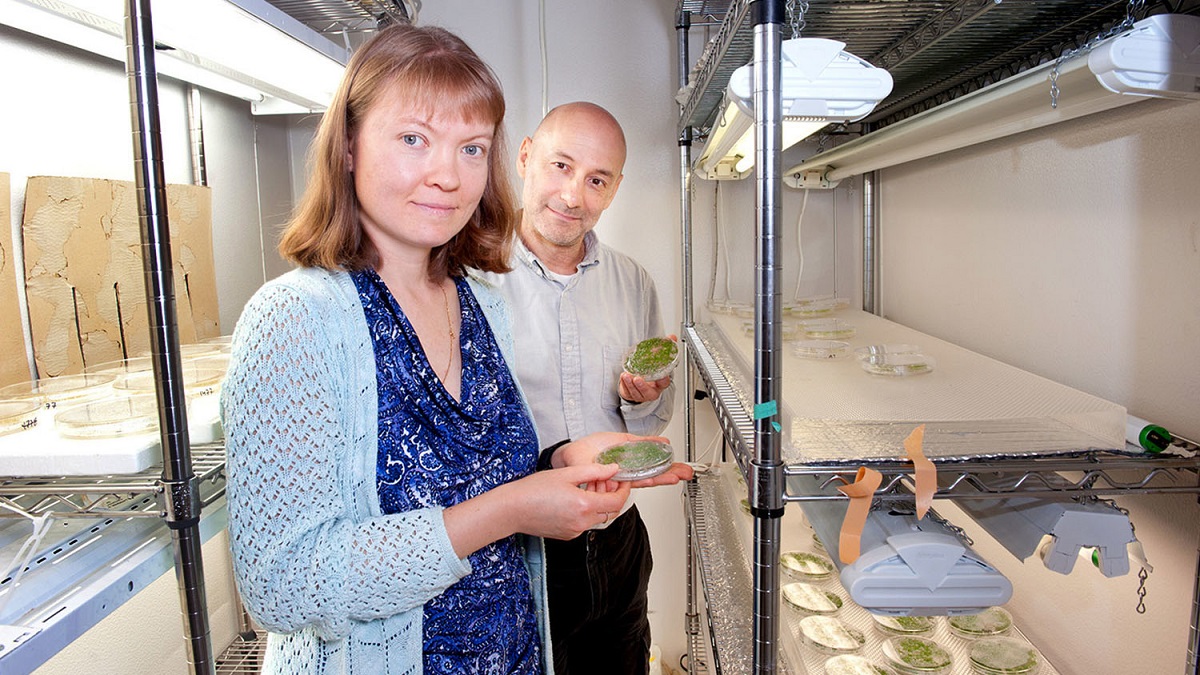
Scientists Develop New Recombineering Toolset That Can Speed GM Plant Research
November 13, 2019| |
A team from the North Carolina (NC) State University developed a new plant toolset that promises to improve the precision and reliability offundamental plant science, allowing faster and easier recombineering of plant genes to produce innovative plant traits such as pest resistance, increased yield, and longer growing seasons in crops.
The NC State Scientists are tapping into recombineering, a method known to introduce genetic changes to large DNA segments. However, recombineering is not popular among scientists as most still prefer using classical transgenesis in gene-tagging studies due to its efficiency and accessibility. Thus, the NC State scientists developed a recombineering-tagging system that combines the classical transgenic approaches and the high precision results-feature of gene editing through direct chromosomal tagging.
The toolset, as the developers call it, can be used to introduce genetic modifications in almost any crop, most especially in Arabidopsis plants. The toolset includes one tool used to add glowing tags to proteins of interest, one to easily cut off problematic DNA sequences, and another to ease the transfer of specific genetically modified genes to plants. Another feature of the toolset is the flexibility of its protocols, as it can be used for the investigation of a single gene, or even 96 genes at a time. Lastly, the scientists claim that the toolset can be used to insert multiple modified genes into a single plant.
The developers hope to make recombineering technology more accessible to the point that any molecular laboratory can do it, and not just the specialized labs. The simple, scalable, and customizable recombineering toolset and its accompanying protocols aim to allow for faster and easier research and development of a variety of genetic modifications.
Read more from NC State University and see the abstract in Plant Cell.
| |
You might also like:
- Scientists Use Recombineering to Initiate Site-Directed Mutagenesis
- Pocket K No. 15: 'Omics' Sciences: Genomics, Proteomics, and Metabolomics
- Pocket K No. 17: Genetic Engineering and GM Crops
Biotech Updates is a weekly newsletter of ISAAA, a not-for-profit organization. It is distributed for free to over 22,000 subscribers worldwide to inform them about the key developments in biosciences, especially in biotechnology. Your support will help us in our mission to feed the world with knowledge. You can help by donating as little as $10.
-
See more articles:
-
News from Around the World
- Biotechnology Tipped to Revolutionize Uganda's Agriculture
- Precision Gene Editing Used to Increase Canola Yield
- Consumers' Preference to Buy Unlabeled Produce Increases after Exposure to GMO-labeled Products
- Filipino Regulators and Experts Dialogue on Biotech Issues and Concerns
- Scientists Uncover Secrets of Wheat Killer Ug99
- EFSA Scientific Opinion Concludes Four-Event Stack GM Soybean As Safe As Non-GM Comparator
-
Research Highlights
- Flowering Mechanism in Brassica rapa Leafy Vegetables Now Revealed
- Scientists Develop New Recombineering Toolset That Can Speed GM Plant Research
-
Plant
- Transgene-Free CRISPR-Edited Plants Indentification Using DsRED Fluorescence
- CRISPR-Cas9 Used for Virus-Mediated Genome Editing in Plants
-
Read the latest: - Biotech Updates (February 11, 2026)
- Gene Editing Supplement (January 28, 2026)
- Gene Drive Supplement (February 22, 2023)
-
Subscribe to BU: - Share
- Tweet

